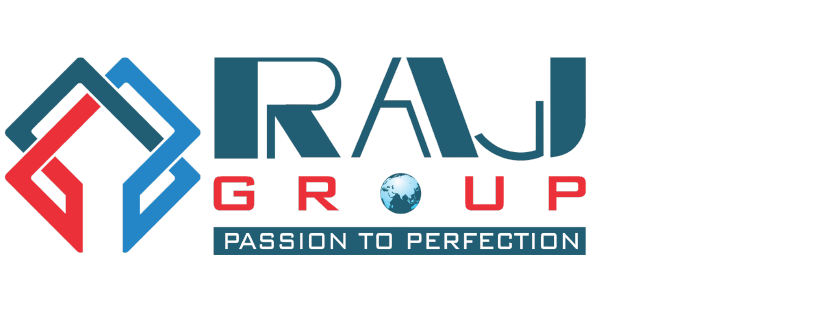It’s known that the primary objective of the roof is to protect a certain object from various weather conditions such as that of wind or rain. When we take all these measurements in consideration, it’s obvious that the roofing sheets represent one of the most important elements of the whole building. We deal in pre-coated sheets, A.C. Sheets, G.I. Corrugated Sheets, Aluminium Trapezoidal Sheets & its accessories. We are authorized dealers for TATA DURASHINE, JINDAL, ESSAR, JSW, BHUSHAN, CHARMINAR, ISPAT, UTTAM etc.
Roofing Material
Types of Roofing Sheets
Pre Coated Sheets
Pre-coated roofing sheets are sheets of metal, typically steel or aluminum, that have been coated with a layer of protective material before they are used for roofing purposes. This protective coating is usually made of a combination of polymer resins, pigments, and other additives that help to improve the durability, weather resistance, and aesthetic appeal of the roofing material.
Pre-coated roofing sheets come in a variety of colors, textures, and finishes, and are designed to withstand harsh weather conditions such as rain, wind, and sunlight. They are commonly used in commercial and industrial buildings, as well as in residential properties, and offer a cost-effective and long-lasting roofing solution
Asbestos Cement Sheets
AC roofing sheets are roofing sheets made of asbestos cement (AC), which is a type of cement that contains a high percentage of asbestos fibers. Asbestos cement is a composite material that was commonly used in the construction industry from the 1920s to the 1980s, primarily for roofing, siding, and other building applications.
AC roofing sheets are known for their durability, strength, and resistance to fire, heat, and water. They are also relatively lightweight and easy to install, making them a popular choice for a wide range of building projects. However, the use of asbestos in construction materials has been linked to serious health risks, including lung cancer and mesothelioma, which has led to the banning of asbestos in many countries.
Today, many countries have replaced AC roofing sheets with safer alternatives, such as metal roofing sheets, PVC roofing sheets, or fiber-cement roofing sheets. It is important to note that the use of asbestos-containing materials for construction is prohibited or restricted in many countries due to the health risks associated with asbestos exposure.
GI Corrugated Sheets
GI corrugated sheets are roofing sheets made of galvanized iron (GI) that have been corrugated or ribbed to increase their strength and durability. GI corrugated sheets are made of steel that has been coated with a layer of zinc, which helps to protect the steel from rust and corrosion.
The corrugated or ribbed design of GI corrugated sheets increases their strength and makes them more resistant to impact and weather damage. They are commonly used in industrial, agricultural, and commercial buildings, as well as in residential properties, and are known for their durability and low maintenance requirements.
GI corrugated sheets come in a variety of sizes and thicknesses, and can be easily cut and shaped to fit the specific needs of a building project. They are also relatively lightweight, which makes them easy to transport and install.
Aluminium Trapezoidal Sheets
Aluminium trapezoidal sheets are roofing sheets made of aluminum that have a trapezoidal or corrugated profile. The trapezoidal profile gives the sheets their characteristic shape, with a series of ridges and valleys that increase their strength and rigidity while also providing a more attractive appearance.
Aluminium trapezoidal sheets are known for their durability, corrosion resistance, and lightweight nature, making them a popular choice for roofing applications in a wide range of industries, including industrial, commercial, and residential construction. They are also highly reflective, which helps to reduce heat absorption and keep buildings cooler in warm weather.
Aluminium trapezoidal sheets come in a range of sizes and thicknesses, and can be easily cut and shaped to fit the specific needs of a building project. They are also easy to install, which can help to reduce labor costs and installation time. Additionally, aluminium is a highly recyclable material, which makes it an eco-friendly choice for roofing projects.

